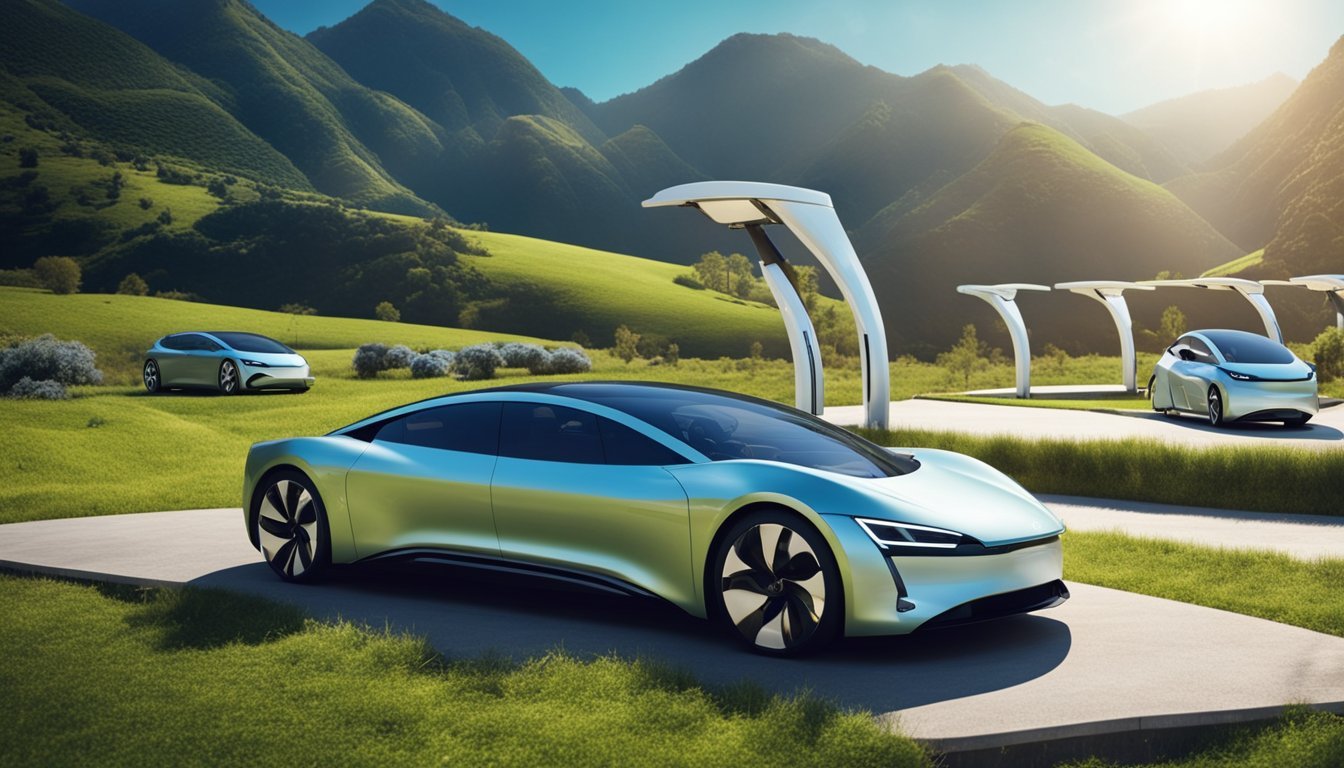The UK is embarking on an exciting journey toward a future dominated by electric vehicles (EVs), with far-reaching consequences for all car manufacturers.
A recent consultation underscores the government’s unwavering commitment: starting January 1, 2035, every new vehicle sold must be entirely zero-emission, leaving no room for traditional combustion engines.
Impact on Small Manufacturers
This sweeping mandate places the same stringent demands on even the smallest manufacturers—those producing just a handful of vehicles annually—as it does on giants like Ford.
Although the government recognizes precedents for offering small manufacturers some flexibility, and acknowledges that niche products such as kit cars constitute a small portion of total sales, the emphasis remains clear: all producers must transition to zero-emission vehicles by the 2035 deadline.
For fans of companies like Caterham, this moment is indeed historic.
There’s just a decade left to revel in the roar of combustion engines.
It’s important to remember that while small manufacturers excel at job creation and investment in the automotive space, they too must step up and innovate, contributing their share to the zero-emission vehicle landscape.
Environmental Considerations
Concerns do exist regarding the environmental impact of electric vehicle production, which can sometimes exceed that of conventional cars.
However, it’s crucial to adopt an optimistic mindset focused on progress.
The shift to electric mobility is vital for the environment, and every effort counts toward achieving this overarching goal.
Moreover, the infrastructure necessary for supporting electric vehicles is still in its infancy.
Many race tracks across the UK currently lack adequate electrical capacity for fast charging.
Despite these hurdles, the industry is gearing up for innovation, and all manufacturers need to align their strategies with the ambitious goal of phasing out combustion engines by 2035.
Looking Ahead
In summary, while challenges lie ahead, this collective shift toward zero-emission vehicles marks the beginning of an exciting new chapter for the automotive industry.
It promises a future that is both sustainable and vibrant for car makers of every size.
Although the journey may be demanding, embracing this transformation holds the potential for substantial rewards, paving the way for an era defined by clean and efficient transportation.


